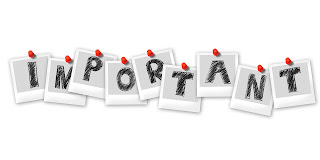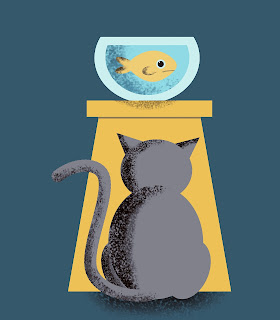Important in の例文

Important in be important in は「~において重要だ」 と言う意味になります。 in の後ろは名詞、または動名詞を置きます 。 例文をいくつか書いていきます。 Pauses are very important in our busy time. (忙しい現代において、小休止《間》はとても大切です。) Boundaries are important in all of our relationships. (すべての人間関係において、境界線《線引き》は大切です。) Why is the PTA still important in today's society? (なぜ現代社会において、まだPTAが重要なのか。) My kids have taught me what's important in life. (子どもたちは人生において何が大切なのかを教えてくれました。) Good communication skill is important in every aspect of life. (優れたコミュニケーションスキルは人生のあらゆる面において重要です。) Continuity is important in achieving your goal. (継続は目標達成において重要です。) Important は比較的なじみのある単語ですが、後に in だの for だの to だの続くので、時々ややこしいです。 特に混乱しやすい Important to , Important for の「~にとって重要」 は調べるとたくさん出てくるので、ここでは important in に焦点を当ててみました。 ぜひ、自分だけの例文を作ってみてください。






